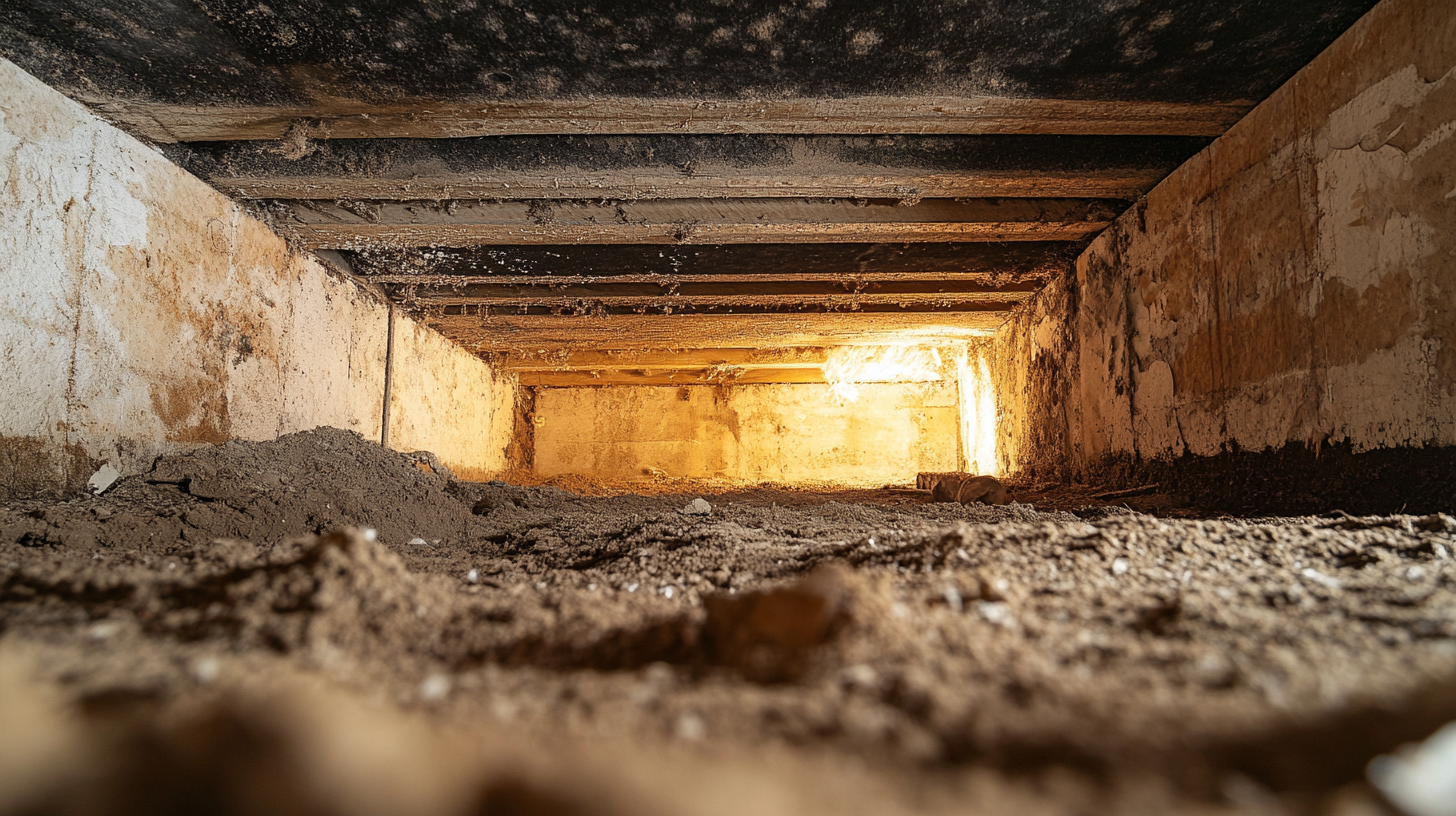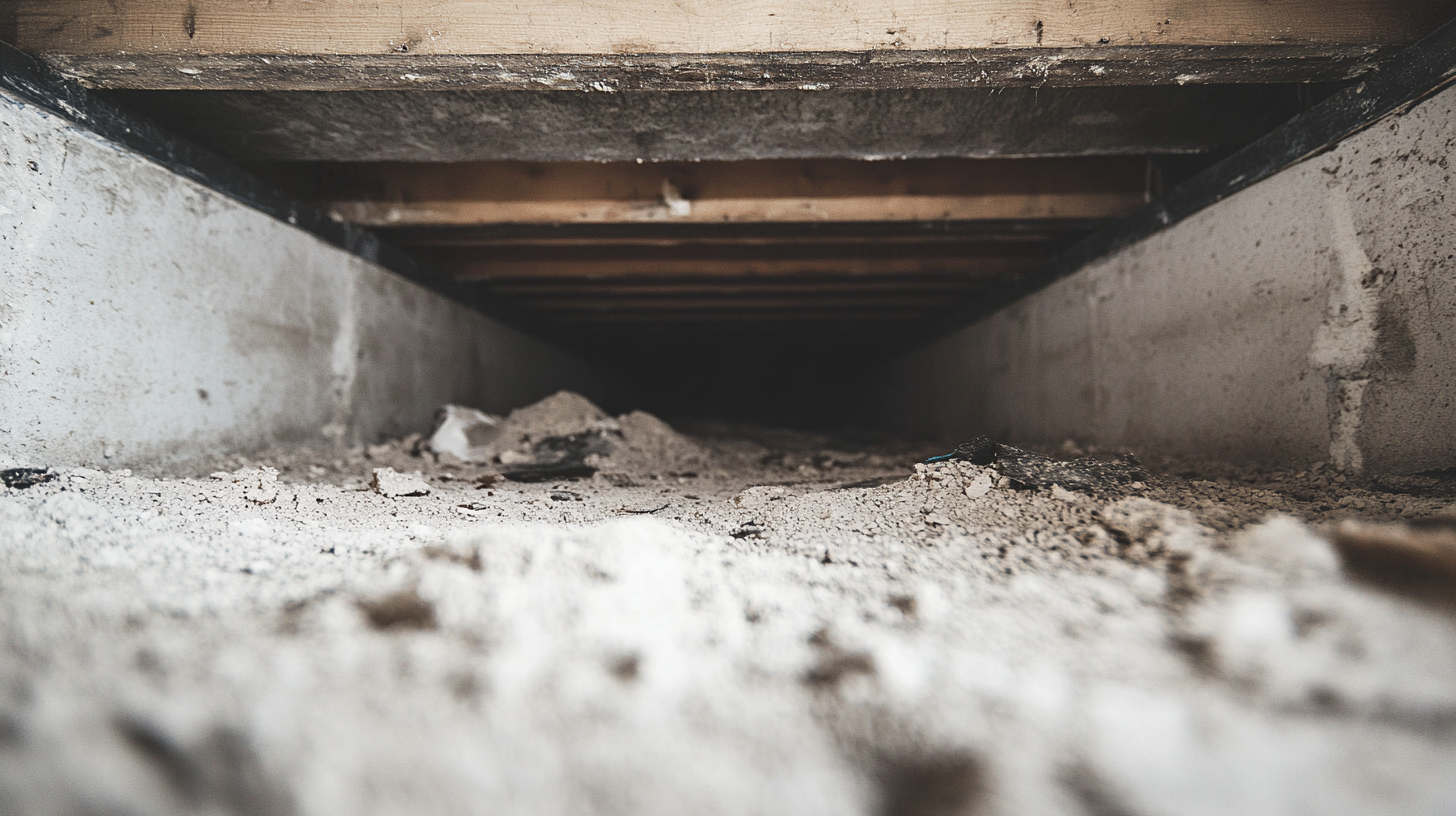Locally owned and operated.
Call Us Anytime: +1 843-304-6615
CLEANING & RESTORATION
24/7 Emergency Services:
Call us at 843-305-3383
Locally owned and operated.
Call Us Anytime: 843-305-3383
CLEANING & RESTORATION
24/7 Emergency Services:
Call us at 843-305-3383
Natural vs. Chemical Odor Neutralizers: What Works Best?

Odor control plays a crucial role in maintaining a clean and comfortable living environment. Unpleasant smells can quickly make even the most well-kept spaces feel unwelcoming and unclean, affecting both the mood and overall experience within the home. Effective odor management not only improves the air quality but also promotes a sense of freshness and hygiene, making your living space more enjoyable for family members and guests alike. By addressing the sources of odors and using reliable neutralization methods, you can create a more inviting, healthy atmosphere that reflects the care and attention given to your home.
Understanding the Basics of Odor Neutralization
What is odor neutralization?
Odor neutralization is the process of completely eliminating odors at their source, rather than simply covering them up with fragrances. This is achieved by breaking down or absorbing odor-causing particles, ensuring that they do not return once the air freshener or scent fades away. Neutralizers like baking soda, vinegar, and activated charcoal work by chemically interacting with the odor molecules, removing the smell from the air entirely. This process is more effective than masking odors, as it targets the root cause, leaving your home truly fresh and odor-free.
Odor Types
Odors in the home can generally be categorized into two main types:
Organic Odors:
These come from natural sources such as food, pets, and bodily odors. Examples include the smell of spoiled food, pet dander, or wet fur.
Inorganic Odors:
These are often caused by chemicals or environmental factors, like cleaning products, smoke, or paint fumes. Inorganic odors can linger for extended periods, especially when they come from strong sources like cigarettes or chemical cleaners.
Why Neutralizing is More Effective than Masking
Merely masking odors with air fresheners or sprays can offer a temporary fix, but it doesn’t address the root cause. Once the fragrance wears off, the unpleasant odor will resurface. Neutralizing, on the other hand, eliminates the odor entirely by removing or altering the odor-causing particles, ensuring the smell doesn’t return. This method is not only more effective but also promotes a cleaner and healthier environment.
Common Sources of Household Odors
Pet Odors
Pets, while beloved members of the family, can be significant contributors to household odors. Dander, litter boxes, and wet fur can create persistent smells throughout the home. Regular cleaning of pet bedding, grooming, and managing litter boxes are essential to keep these odors in check.
Food Smells
Cooking is another common source of odors, particularly when dealing with strong spices, cooking oils, or burnt food. These smells can linger in kitchens and surrounding areas, especially when absorbed by fabrics or surfaces. Proper ventilation and timely cleaning can help prevent food odors from becoming overwhelming.
Environmental
Environmental factors such as mold, mildew, and smoke can also contribute to household odors. Moist environments, like bathrooms or basements, can lead to musty smells caused by mold and mildew growth. Smoke from cooking or cigarettes can settle into fabrics and furniture, creating long-lasting odors that require thorough neutralization.
By understanding the basics of odor neutralization and the common sources of household smells, you can take the necessary steps to ensure a consistently fresh and inviting home.
Natural Odor Neutralizers
What are they?
Natural odor neutralizers are substances derived from nature that are free from synthetic chemicals, making them a safer and environmentally friendly option for maintaining a fresh home. These products work by absorbing, neutralizing, or breaking down the particles that cause unpleasant smells, without introducing harmful chemicals into your living space.
Common Natural Odor Neutralizers:
- Baking Soda: A staple in odor control, baking soda works by absorbing moisture and neutralizing acidic smells, making it ideal for eliminating odors in fridges, carpets, and upholstery.
- Vinegar: Known for its high acidity, vinegar effectively breaks down odor-causing particles, making it useful for cleaning surfaces and neutralizing smells in the air.
- Activated Charcoal: This natural substance is highly porous, allowing it to absorb impurities and remove lingering odors, especially in areas like bathrooms, basements, and closets.
- Essential Oils: Oils like lavender, tea tree, and eucalyptus not only provide a pleasant scent but also have natural antibacterial properties, which help neutralize odors at the source.
Advantages of Natural Odor Neutralizers
Non-toxic and safe
One of the main benefits of natural odor neutralizers is that they are non-toxic, making them ideal for households with children, pets, or individuals with allergies. Since these substances are free from harmful chemicals, they pose no health risks and can be safely used in all areas of the home.
Environmentally friendly
Natural odor neutralizers are biodegradable and don’t contribute to pollution. Unlike synthetic chemical sprays or air fresheners, which can release volatile organic compounds (VOCs) into the air, natural options offer a sustainable, eco-friendly way to maintain a fresh-smelling home without harming the environment.
Affordable and readily available
Most natural odor neutralizers, such as baking soda, vinegar, and essential oils, are inexpensive and easy to find in local grocery stores or around the house. This makes them a cost-effective alternative to commercial products, allowing you to maintain odor control without straining your budget.
Disadvantages of Natural Odor Neutralizers
Slower results
While natural products are safe and effective, they may take longer to neutralize odors compared to chemical alternatives. This slower action means you may not experience immediate results, particularly for stronger odors.
Limited strength
Natural odor neutralizers may struggle with very strong or persistent smells, such as those caused by smoke or chemical spills. In these cases, they might not be as effective as commercial products specifically designed for intense odor control.
Requires frequent application
Unlike chemical products that can provide longer-lasting effects, natural odor neutralizers may need to be reapplied more frequently to maintain their effectiveness. For example, baking soda used on carpets or in the fridge may need to be refreshed regularly to continue absorbing odors.
By understanding the advantages and limitations of natural odor neutralizers, you can choose the best methods for keeping your home smelling clean and fresh while prioritizing safety, sustainability, and affordability.
Chemical Odor Neutralizers
What are they?
Chemical odor neutralizers are synthetic formulas specifically designed to either eliminate or mask unpleasant odors. These products often contain powerful ingredients that quickly act to remove or cover up smells, making them a popular choice for immediate odor control. Chemical neutralizers come in various forms, from sprays to plug-ins, offering a quick fix for strong or persistent odors in the home.
Common Chemical Odor Neutralizers:
- Aerosol Sprays: These sprays work by quickly masking odors with a pleasant fragrance, offering a temporary solution to unwanted smells. They are convenient for immediate odor control but don’t necessarily eliminate the source.
- Enzyme-based Cleaners: These specialized cleaners use enzymes to break down organic matter, neutralizing odors at the source. They are especially effective for dealing with pet odors, such as urine, by breaking down the proteins that cause the smell.
- Air Fresheners and Plug-ins: These products continuously release fragrance into the air, helping to mask lingering odors over time. They provide a long-lasting solution but often cover up the odor rather than neutralizing it.
Advantages of Chemical Odor Neutralizers
Immediate results
One of the biggest advantages of chemical odor neutralizers is their ability to deliver fast results. These products often eliminate or mask odors quickly, making them ideal for urgent situations where you need to address a smell immediately, such as after cooking or when guests are about to arrive.
Effective for strong odors
Chemical neutralizers are particularly effective against strong, persistent odors that can be difficult to manage, such as smoke, chemical fumes, or pet waste. Their powerful formulations allow them to tackle odors that may be too intense for natural solutions, providing a reliable option for more challenging situations.
Variety of forms
Chemical odor neutralizers are available in a wide range of formats, including sprays, gels, powders, and plug-ins. This versatility allows homeowners to choose the best method for different types of odors and locations, offering a tailored approach to odor control.
Disadvantages of Chemical Odor Neutralizers
Potential health risks
Many chemical odor neutralizers contain ingredients that can pose health risks, especially to individuals with sensitivities, allergies, or asthma. Prolonged exposure to certain chemicals may cause respiratory issues, skin irritation, or other health concerns, particularly in households with children or pets.
Environmental impact
Chemical products are often not biodegradable and can contribute to environmental pollution. Aerosol sprays, for example, release volatile organic compounds (VOCs) into the air, which can negatively affect indoor air quality and contribute to outdoor pollution as well.
Masks odors rather than eliminates
While some chemical products effectively neutralize odors, others simply mask the smell with fragrances. This approach provides only a temporary solution, as the underlying odor remains and can resurface once the fragrance fades, requiring repeated use without addressing the root cause.
By weighing the advantages and disadvantages of chemical odor neutralizers, you can make informed decisions about when to use them and whether they are the best fit for your odor control needs.
Comparing the Effectiveness of Natural and Chemical Neutralizers
When deciding between natural and chemical odor neutralizers, it's important to consider several factors, including speed of action, safety, odor strength, and long-term sustainability. Each method has its own advantages and drawbacks, and understanding these can help you choose the best solution for your specific odor control needs.
Speed of Action
Chemical Products:
One of the primary benefits of chemical odor neutralizers is their fast-acting nature. These products often provide instant relief, making them ideal for situations that require immediate odor removal, such as smoke or strong pet smells. Aerosol sprays, enzyme cleaners, and air fresheners are designed to deliver quick results, which is why they are often favored for urgent odor problems.
Natural Solutions:
While natural odor neutralizers such as baking soda, vinegar, and essential oils may take longer to show results, they work effectively over time to eliminate odors. These products focus on absorbing or neutralizing smells at the source, making them a sustainable option for long-term odor control. Although natural solutions may not provide the same immediate impact as chemical options, they offer a gradual, more gentle approach to odor management.
Safety and Health Concerns
Natural:
One of the biggest advantages of natural odor neutralizers is their safety. Free from synthetic chemicals, they are ideal for frequent use, especially in households with children, pets, or individuals with allergies or sensitivities. Natural products like baking soda, activated charcoal, and essential oils pose no health risks, making them a safe and non-toxic choice for maintaining freshness in the home.
Chemical:
Chemical odor neutralizers, while effective, can come with potential health risks. Many contain synthetic compounds or volatile organic compounds (VOCs) that can trigger allergies, asthma, or skin irritation, particularly with prolonged exposure. Households with vulnerable individuals should exercise caution when using chemical products and consider alternatives when possible.
Odor Strength
Chemical:
For severe and persistent odors, such as smoke, chemical fumes, or heavy pet waste, chemical neutralizers tend to be more effective. Their strong formulations are designed to target tough odors that natural solutions may struggle to manage. Chemical products can quickly neutralize or mask intense smells, providing a reliable solution for more challenging situations.
Natural:
Natural odor neutralizers work best for mild to moderate odors, such as kitchen smells, dampness, or light pet odors. While they may not have the potency to tackle very strong odors, they are effective for everyday use and maintaining a fresh home environment. Regular use of natural products can help prevent odors from building up to more severe levels.
Long-term Sustainability
Natural:
In terms of long-term sustainability, natural odor neutralizers are the more eco-friendly and cost-effective option. Many natural products are biodegradable, non-toxic, and derived from renewable resources. Additionally, they are inexpensive and readily available, allowing for consistent use without a heavy financial burden. Over time, natural solutions can offer a more sustainable way to keep your home fresh without harming the environment or requiring frequent replacements.
Chemical:
While chemical neutralizers may be convenient for short-term odor control, they often require ongoing purchases, which can add up over time. Furthermore, many chemical products are not biodegradable and may contribute to environmental pollution. While effective in the short term, relying on chemical products for long-term odor control may not be the most sustainable or cost-efficient option.
By understanding the strengths and limitations of both natural and chemical odor neutralizers, you can choose the best approach for your home’s needs whether you prioritize immediate results, long-term safety, or environmental impact.
Best Situations for Using Natural Odor Neutralizers
Natural odor neutralizers are an excellent choice for many households, especially for those who prioritize health, safety, and environmental sustainability. They work effectively in everyday situations and are perfect for maintaining a clean and pleasant-smelling home. Here are some of the best scenarios where natural odor neutralizers shine:
Daily Home Maintenance
Natural odor neutralizers are ideal for daily home maintenance. They are gentle enough to use regularly and help manage mild odors that occur naturally in kitchens, bathrooms, and living spaces. Products like baking soda, vinegar, and essential oils can be incorporated into your everyday cleaning routine, offering consistent freshness without the need for harsh chemicals.
Family Homes
In homes with children, pets, or people with respiratory sensitivities, natural solutions offer a safe and non-toxic way to control odors. Unlike chemical products that may contain harmful compounds, natural neutralizers are free from allergens and irritants, making them a safer choice for households that require gentle, yet effective, cleaning solutions.
Eco-conscious Households
For those who are committed to sustainable living and reducing their environmental footprint, natural odor neutralizers provide an eco-friendly alternative. These products are biodegradable, free of harmful chemicals, and often made from renewable resources, aligning perfectly with a green lifestyle. Natural methods such as using baking soda or vinegar help you maintain a fresh home while being kind to the planet.
Examples of Natural Odor Neutralization Techniques
DIY Freshening Spray
A simple yet effective DIY freshening spray is a great option for everyday use around the house.
Recipe:
Mix equal parts water and vinegar in a spray bottle, then add a few drops of essential oils such as lavender, tea tree, or lemon for a pleasant scent.
How to use: Spray this mixture on countertops, fabrics, or into the air to neutralize odors naturally. The vinegar breaks down odor-causing particles, while the essential oils leave a refreshing fragrance.
Baking Soda for Carpets
Baking soda is a natural powerhouse for neutralizing odors in carpets.
How to use:
Simply sprinkle baking soda over carpets or rugs, let it sit for a few hours to absorb odors, and then vacuum thoroughly. This method helps lift embedded smells from carpet fibers, leaving your space smelling clean and fresh.
Lemon and Vinegar for Garbage Disposal
Garbage disposals can quickly become a source of unpleasant odors, but using lemon and vinegar can tackle the problem naturally.
How to use:
Drop a few lemon peels into the disposal, followed by a small amount of vinegar. Turn on the disposal and let the mixture work to break down any lingering food particles and eliminate odors, while also leaving a fresh citrus scent in your kitchen.
These natural techniques not only help control everyday household odors, but they also offer a safe and eco-friendly way to keep your home smelling clean and inviting. By incorporating these solutions into your routine, you can maintain a fresh environment without compromising health or sustainability.
FAQs
-
Which neutralizer works faster?
Chemical odor neutralizers often act faster, providing immediate relief, while natural methods may take longer to show results.
-
Are natural neutralizers safer?
Yes, natural neutralizers are non-toxic and safe, making them ideal for homes with children, pets, and people with sensitivities.
-
Which is better for strong odors?
Chemical neutralizers are typically more effective for strong odors, like smoke or heavy pet smells, due to their powerful formulations.
-
Are natural neutralizers eco-friendly?
Yes, natural odor neutralizers are biodegradable and environmentally friendly, making them the better choice for sustainability.
-
Do chemical products mask odors?
Some chemical products mask odors with fragrance rather than eliminating them, while others neutralize odors more effectively.
Contact Fast Response Cleaning & Restoration Today!
Fast Response Cleaning & Restoration will do everything we can to ensure your experience with us is excellent.
Request A FREE Estimate
Request A FREE Estimate Form
We will get back to you as soon as possible.
Please try again later.
CHECKOUT RECENT POST



Have an Emergency? We're Here to Help!
When it comes to disaster cleanup, we are a seasoned veteran in the industry and have helped hundreds of property owners just like you.
Our disaster recovery teams are available 24-7 to quickly clean up and repair disasters of all types.

We're looking forward to providing you with our outstanding services!
COMPANY INFO
ADDRESS: 307 Cold Creek Pass, Bluffton, SC, 29910, United States
EMAIL: office@fastresponsecr.com
PHONE: 843-305-3383
OFFICE: 843-304-6615
HOURS
SUNDAY: Open 24 Hours
MONDAY: Open 24 Hours
TUESDAY: Open 24 Hours
WEDNESDAY: Open 24 Hours
THURSDAY: Open 24 Hours
FRIDAY: Open 24 Hours
SATURDAY: Open 24 Hours
Copyright © 2021 Fast Response Cleaning & Restoration
Fast Response Cleaning and Restoration FL | Sitemap | Privacy Policy